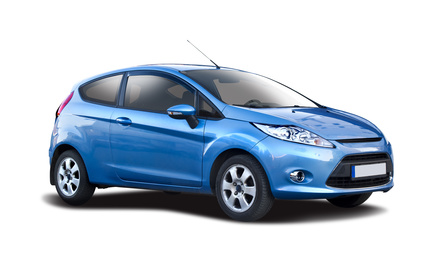 As an employer you can pay your employees for mileage incurred when they are using their own car to travel on business. HMRC sets out the rates you can pay without the payment being subject to tax and NI.
As an employer you can pay your employees for mileage incurred when they are using their own car to travel on business. HMRC sets out the rates you can pay without the payment being subject to tax and NI.
The approved rate is 45p per mile for up to 10,000 miles per annum and 25p per mile in excess of 10,000 miles. The 12 month period for calculating mileage is from 6th April to 5th April (or from 1st April to 31st March for ease of accounting).
Mileage should only be paid for business travel and not for home to place of work travel.
If you choose to pay less than the approved mileage rate your employee can claim the difference between what you pay and the approved mileage rate against their pay for the year by contacting HMRC.
If you choose to pay more than the approved mileage rate of 45p per mile or continue to pay 45p per mile for 10,000+ miles you should add the amount above the approved rate to their pay. This additional amount will be subject to tax and NI.
Of course employees may be paid in other ways for using their own vehicle for business travel. They may be reimbursed for fuel or they may be given a monthly car allowance. Both of these methods of reimbursement will be subject to tax and NI and should be added to the employee’s pay as they are classed as taxable benefits.
Did you know that if an employee travels on business and takes another employee with them you can pay an additional 5p per mile. This is called a passenger payment and is not subject to tax and NI.
An employee who uses a motorcycle when they travel on business can claim 24p per mile for any number of miles and if they use a bicycle they can claim 20p per mile, again with no restriction on the number of miles.
Obviously any claim for mileage must give details of the journey – the date, the reason for travel, the start and end locations and the number of miles. There are a number of apps available now which you or your employees can use to track mileage to make record keeping easier.
Leave a Reply